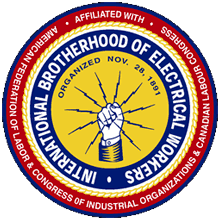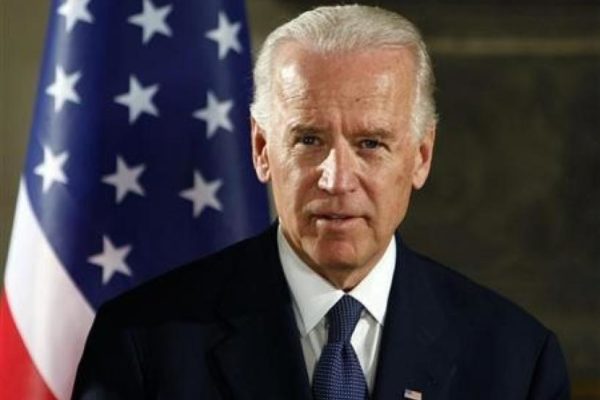April 11, 2012
By Marc Bussanich, LaborPress City Reporter
Now that the initial furor has faded since Gov. Andrew Cuomo passed the new Tier 6 pension plan, LaborPress talked to a few leaders of prominent state and city unions to get their reactions to the new tier and their collective response was: Disappointment.
“It wasn’t necessary. The Legislature knew it wasn’t necessary because neither the Senate nor the Assembly included Tier 6 in their original budget proposals,” said Kenneth D. Brynien, President of the NYS Public Employees Federation.
Brynien stressed that the new tier is going to be harmful to the state because it’s already hard enough to get people to work in particular jobs that can be potentially dangerous.
Some of the dangerous jobs where Brynien’s members work are in psychiatric hospitals and the Office of Children & Family Services facilities “where patients have confronted and physically assaulted PEF members. Our nurses deal with infectious diseases at state hospitals that are often the hospitals of last resort where nurses get needle sticks all the time.”
Brynien added, “Before the new tier, people working in stressful and dangerous jobs knew at the end of their career at least they’d receive a decent pension. But when you start prolonging retirement and demanding more in contributions, it’ll be difficult going forward to attract people to these jobs,” Brynien said.
Some of his other members are parole officers, doctors, accountants and engineers who earn no less than $45,000 annually. According to Gov. Cuomo’s office, the new contribution rates for persons earning between $45,000 and $55,000 requires that they contribute 3.5 percent of their annual salary.
“The biggest impact of Tier 6 will be to new members who, depending on their salary, will be paying two times as much into the pension system and will have to work longer only to receive less pension benefits when they retire,” noted Brynien.
John Samuelsen, President of TWU Local 100, said that although his union was able to retain for its members the “55/25” retirement plan (Local 100 members who are 55 or older and have at least 25 years of service can retire) “in the midst of this catastrophe, our new hires will take it on the chin.”
Samuelsen also noted that “we have an unacceptable situation where the richest folks in the state received an incredible boost in their take-home pay on January 1, while future Local 100 working families were sold down the river. That’s morally indefensible.”
Bob Croghan, Chairperson of Organization of Staff Analysts, said of the new pension plan in no uncertain terms, “Tier 6 is an act of theft by the Governor carried out in order to please the very rich people he wants to back his run for president of the United States of America.”
Croghan’s members don’t generally start their careers as analysts. They first work as clericals, social workers or case workers who then must pass a test to become a staff analyst. How will Tier 6 directly impact his members?
Croghan explained that an OSA member starting out as a social worker at $35,000, for example, will reach top pay after a long 35-year career of about $72,000. Based on Cuomo’s new employee contribution rates, OSA members will contribute approximately 3.5 percent to 4.5 percent to their pension benefits.
“My title series is better paid than the average civil service title series but within the civilian component we’re not well paid at all. The civilian component is paid far worse on average than pedagogical and uniform employees,” said Croghan.
Lillian Roberts, DC 37’s Executive Director, said she didn’t like the way Tier 6 was passed. “Previously we used to have discussions on matters of pension reform, and there was a give and take process. But in this case it was just taken.”
According to Roberts, the current administration set the parameters of the Tier 6 debate. Labor was given the option to comment, but essentially the decision to implement the new tier was already pre-determined by the governor.
Why would the Governor insist on a new pension plan that some say, such as James Parrott, Chief Economist and Deputy Director of the Fiscal Policy Institute, will provide no near-term budget savings?
“The only thing that I can conclude is that they wanted to put money into the hands of Wall Street,” Roberts said.



